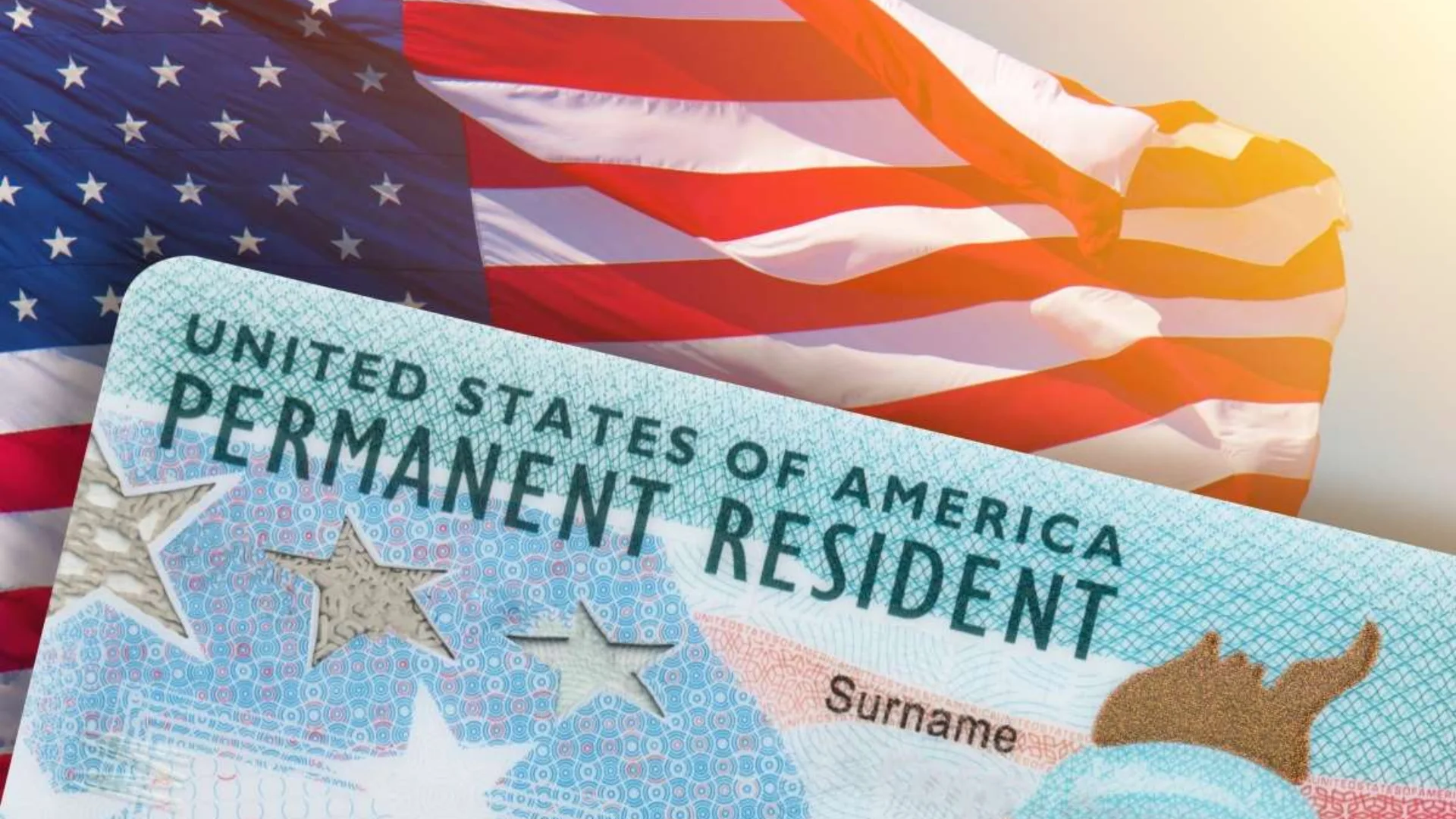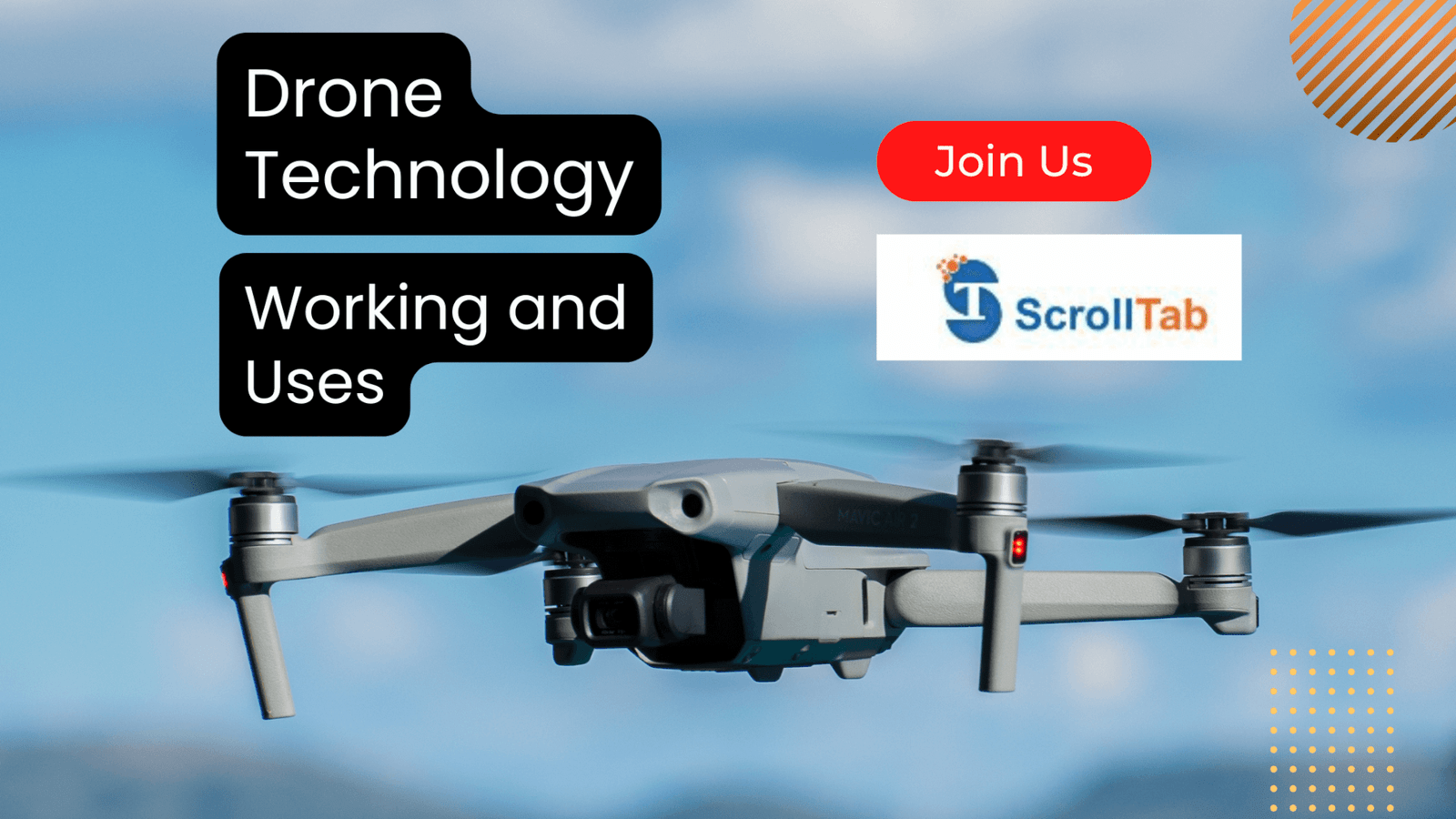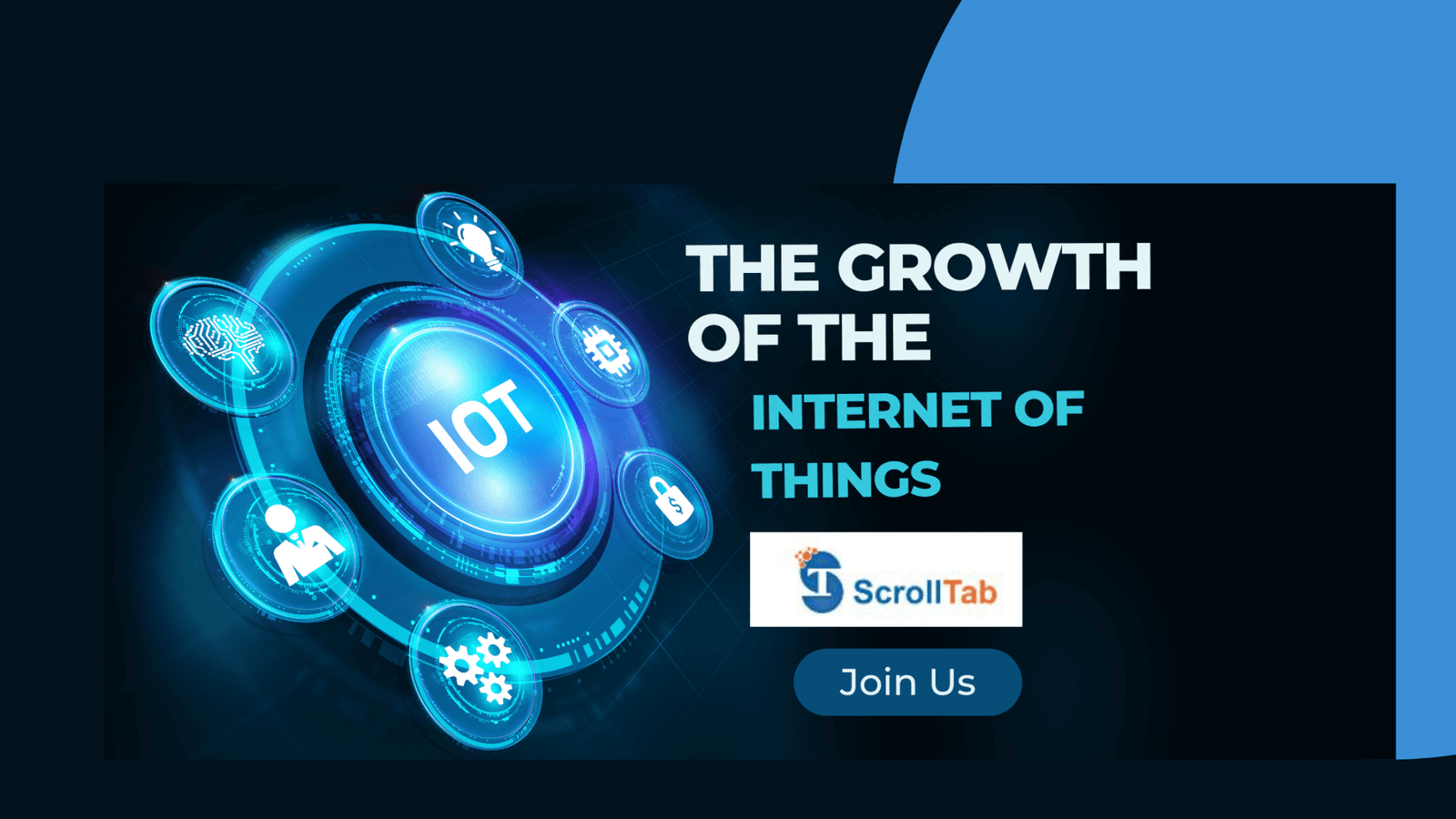When you hear the term “artificial intelligence,” you might be filled with futuristic fantasies or concerns about machines consuming the world. Although no one can predict exactly how artificial intelligence will develop in the future, current trends and advancements paint a very different picture of how it will become a part of daily life.
Artificial intelligence (AI) is the most widely discussed trend in today’s tech sector. Because artificial intelligence and machine learning are business model in every way, everyone seems to be curious
to learn more about them. Because of this, artificial intelligence is probably going to surpass other industries in terms of job and skill demand.
In actuality, AI is already in use everywhere, influencing everything from our search results to our chances of finding love online to the way we shop.
According to data, over the last four years, the use of AI in many business sectors has increased by 250%.
AI AND BUSINESS TODAY
Artificial intelligence is typically viewed as a supporting tool rather than a replacement for human intelligence and innovation. AI is adept at processing and analysing vast amounts of data much more quickly than a human brain could, despite the fact that it currently struggles to complete commonsense tasks in the real world. Then, artificial intelligence software can present the human user with produced courses of action.
In this way, we can use AI to speed up the decision-making process and game out potential outcomes of each action.
Amir Husain, founder and CEO of machine-learning company SparkCognition, said that artificial intelligence is somewhat the second coming of software. It’s a type of software that can act and make decisions on its own.
In fact, leading companies are already investing regularly in AI technologies at a rate of 90%. Businesses that have used AI-driven technology in some capacity report higher productivity rates—more than other half of them.
What will be the impact of artificial intelligence on jobs and society.
The effects of artificial intelligence on society are heavily disputed. Many claim that AI enhances daily life by performing common knowledge and even complex tasks better than humans can, making life easier, safer, and more productive.
Across all industries, AI is used. Retail, e-commerce, banking, financial services, hedge funds, security and surveillance, sports analytics, manufacturing and production, and automotive are a few of the sectors that have dug deep into the field of AI to find new applications. With a wide range of potential applications.
AI has the power to drastically change a number of industries. These various sectors and use cases all have one thing in common: they are all data-driven. There is a lot of room for improvement everywhere because at its core, AI is an effective data processing system.
What to Know About the Future of Jobs in era of AI
The impact of artificial intelligence on the job market in the US will be varied across regions and industries. AI will increase productivity levels, specialisation in job roles, and it will also increase the importance of “human skills” like creativity, problem-solving, and quantitative skills, similar to previous automation advancements. Although AI will accelerate economic growth, the benefits won’t be shared equally.
There will be added pressure on rural communities, which already experience high levels of job insecurity. In some industries, AI will help the labour force, while endangering it in others. Automation will replace jobs in industries that rely on standard procedures but complement job roles in high-growth industries like healthcare, where there is no substitute for highly skilled practitioners.
Robots and artificial intelligence (AI) will dissolve some human jobs, but they will also generate new ones. Since 2000, 1.7 million manufacturing jobs have been gradually eliminated thanks to robots and automation systems. On the other hand, it is projected that by 2025, AI will generate 97 million new jobs.
One of the biggest changes in healthcare could come from expanding a doctor’s human intuition with AI’s accuracy and comprehensiveness. The simple truth is that more knowledge has been produced about human health by the human race than any one human brain can usefully store. As a result, AI may eventually outperform the best human physicians.
AI Impact on Financial Services
Although it is entertaining to watch banking get automated due to automation, when AI takes over, everyone wins. Currently, the financial services industry plays a significant role in why the rich continue to get richer. To manage the money they have, they can afford to hire more and better financial assistance. Personal finance may change with the help of AI, particularly with open source fintech solutions, to become much more competitive.
Artificial intelligence can assess a potential borrower more quickly, accurately, and affordably while taking into account a wider range of variables, resulting in better-informed, data-backed decisions.With the assistance of AI, security teams can stop credit card fraud by quickly identifying suspicious activity in an account. A wide range of data types can be analysed in almost real-time by machine learning and deep learning.
AI can help automate and standardise process flows and create financial sustainability by reducing operating costs. Furthermore, automating repetitive tasks helps employees focus on high-value activities.
Top Benefits of Artificial Intelligence for Banks
- Regulatory Compliance and Fraud Detection.
- Improved Investment Evaluation.
- Better Customer Experience.
- Reduced Operational Costs and Risks.
- Improved Loan and Facility Evaluation.
AI Impact on Sports Training
Predictive analytics are used in sports to improve performance and health. The athletes can gather data on levels of strain and wear and tear with the assistance of wearable technology, helping them to further avoid serious injuries. Additionally, this helps the team in developing effective tactics and strategies that maximise strength.
AI can be used to give coaches insightful information about player performance by utilising sensors and player data. Making strategic decisions about game plans, player selection, and training regimens can then be done using this information.
Conclusion
The thought of being able to replace a human with a computer or robot is appealing to businesses looking to cut costs. Robots are frequently faster than humans and make fewer mistakes. They can work around the clock with little to no pay or benefits. Robots can also be helpful to workers because they can quickly complete boring, dangerous, or repetitive tasks, leaving interesting work to people.
There are some professions that AI will not be able to take over anytime soon, including psychologists, caregivers, the majority of engineers, human resource managers, marketing strategists, and lawyers.











